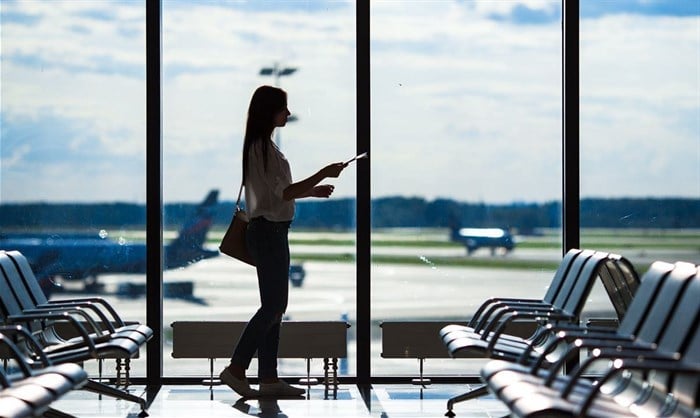






"After months of shutdown and remote working, the reopening of borders for business travel is a very welcome development for multinationals and large enterprises. They can now finally embark upon the road to recovery, resume on-site operations and reconnect with their offices around Africa."
Smith explains we can expect travel to other international destinations to take longer to recover. "Although government has reopened the borders to the entire world for business travel, travellers are still reluctant to venture outside Africa," she says. "It’s one thing for government to say travel is permitted again and to lift the travel restrictions, but travellers also need to want to go, airlines need to resume operations and destination countries need to be ready to welcome South African travellers again."
To better understand the prevailing sentiments on business travel conditions as countries emerge from the Covid-19 crisis, FCM Travel Solutions recently launched a global 'State of the Market' survey. The results of the survey show that although lifting of border restrictions is an important trigger to resume business travel, the majority of businesses will take a phased approach to resuming domestic and international business travel over the next 12 months. Only half of respondents believe that their business travel volumes will reach pre-coronavirus levels in the near term.
Smith explains that even during lockdown, FCM continued to provide essential travel arrangements within South Africa for companies from a wide range of industries, including mining; wholesale trade; healthcare and social assistance; electricity and waste services; construction; scientific and technical services; and manufacturing.
"Working with so many industries during this pandemic has allowed us to formulate thorough travel risk strategies for different sectors. There is no one-size-fits-all solution for companies during these times," says Smith. "To help provide direction for companies, FCM has developed a Return to Travel Framework to empower customers to take confident action when it comes to resuming business travel.
Over the past few months, the corporate brands under the Flight Centre Travel Group umbrella have created resources such as the Traveller Information Hub that will help their customers get back on the road safely and with the necessary peace of mind. This hub contains the latest air, hotel, and border updates from across the globe; an interactive map to help travellers assess their destination’s risk profile; and chatbot assistance for any possible questions.
For business travellers, Smith further shares the following five tips:
Allow extra time for check-in and screening at the airport. It is the responsibility of the airline to ensure that all passengers have the necessary documentation and meet the requirements of the destination country.
It is crucial that passengers are aware of the protocols both for South Africa and their destination country. For your return to South Africa:
• All travellers will need to present a negative Covid-19 test result not older than 72 hours from time of departure.
• Where a traveller has not done a Covid-19 test prior to departure, they will be required to remain in mandatory quarantine at their own cost for the period of 10 days.
• All travellers will be subjected to screening by Port Health Officials upon arrival and departure.
• All travellers detected with symptoms will be required to remain in quarantine until a repeat Covid-19 test is conducted at their own cost.
• All travellers are to complete the Traveller Health Questionnaire prior to arrival or upon arrival at the Port of Entry.
• Beside the health protocols, travellers will still be subjected to other formal border processes. All travellers should wear masks at all times whilst within the Ports of Entry controlled area; Port officials to ensure that port users adhere to social distance as part of queue management protocol.
South African travellers are not required to have travel insurance that covers the cost of COVID-19 testing and the possible 10-day quarantine. We would, however, strongly encourage all travellers to have comprehensive travel insurance that covers medical care and evacuation as well as trip cancellation and trip delay.
Based on the latest WHO criteria on infection and death rates, South Africa has developed a risk categorisation model for different international travellers. This model classifies international travellers according to a scale of high, medium and low risk. South Africans are allowed to travel to high-risk countries as well as transit through high-risk countries. There is therefore no cause for real concern if the traveller’s destination changes from low- to high-risk.
Returning South Africans who are unable to present a negative test result, or who display symptoms should be able to self-quarantine at home, provided they have access to:
• A separate bedroom with an en-suite bathroom and toilet that is not shared with another person.
• Prepared meals, which can be served in the room, preferably using disposable utensils alternatively separated and washed properly.
• Support from friends or family that can facilitate the drop off of food and medicine at the gate if they are not able to make use of online shopping facilities and contactless deliveries.
• Access to a thermometer that will allow for the monitoring of temperature daily.
• Access to the internet either through a phone or computer to allow reporting symptoms daily.
• Access to a private physician that he/she can contact should he or she need medical advice or care.
• No visitors are permitted to visit the quarantined person.